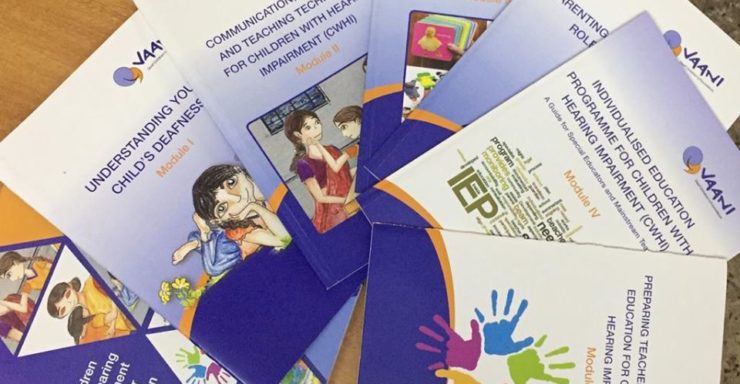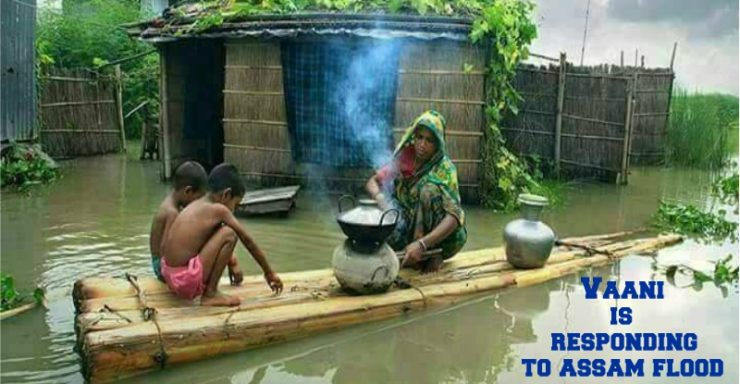The Early Intervention begins soon after a baby has been diagnosed with hearing loss.
To provide services for families of hearing-impaired infants, the Parent-Infant Program (PIP) was established. Enthusiasm for PIP emerged from the concept that children advance to the best of their abilities when their emerging speech, language and auditory skills are reinforced in a context of acceptance and respect, and importantly, the most important learning environment for a child during the early years is the home.
During these early formative years, the child’s most important relationships are with their parents and other primary caregivers, such as siblings, grandparents and other family members.
The emphasis of PIP is a home-based, family-centred, parent-guided, child-specific, natural approach to learning. The parent-infant program brings together children from infancy through preschool age, their parents, family and a variety of early intervention professionals to work as a team and offer services to assist families in communicating and bonding with their children in the child’s natural environment. Parents are encouraged to network with other parents. PIP helps hearing-impaired children and their parents develop potential in primary areas and strives to nurture the child’s development of language, literacy skills, and growth in world awareness, positive self-esteem, personal responsibility.

